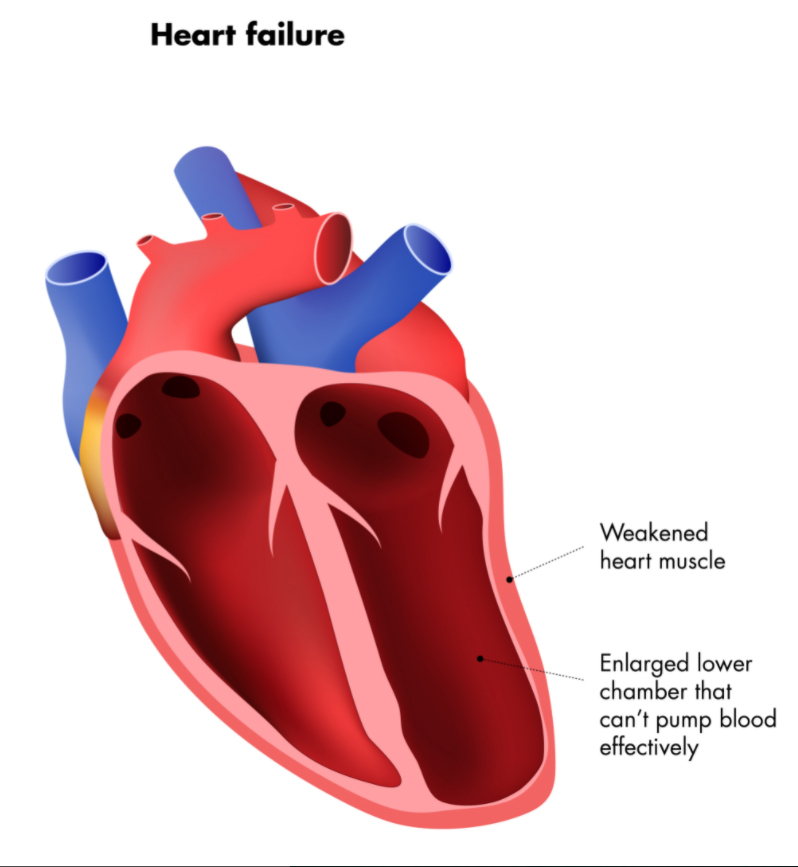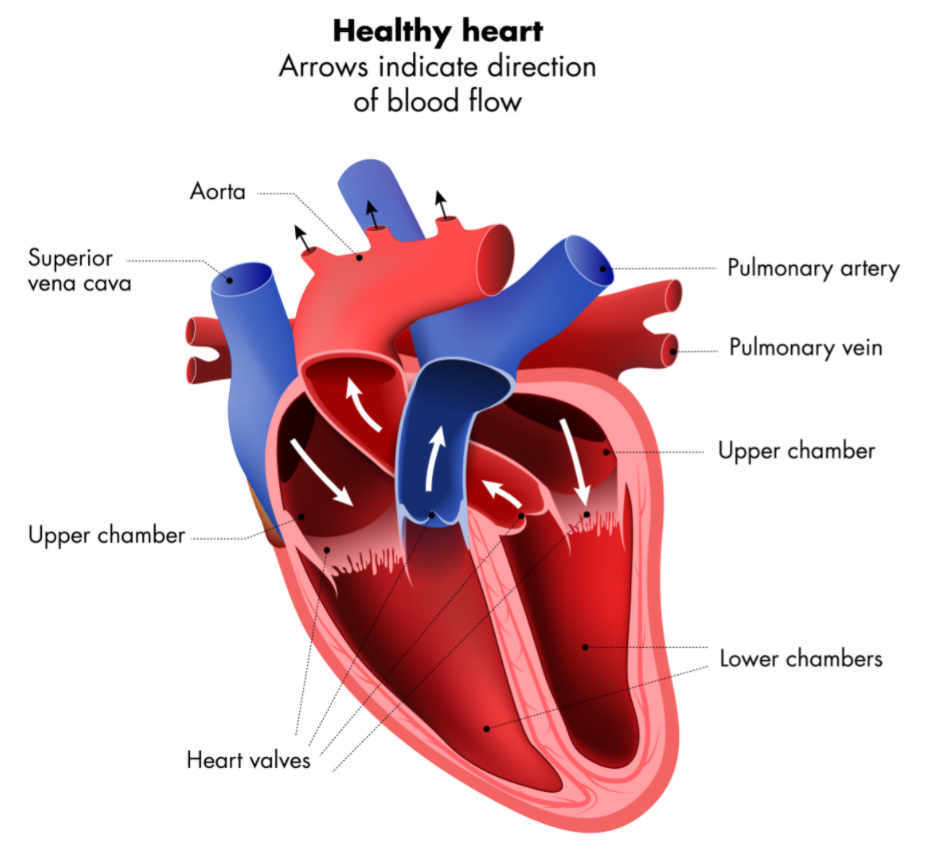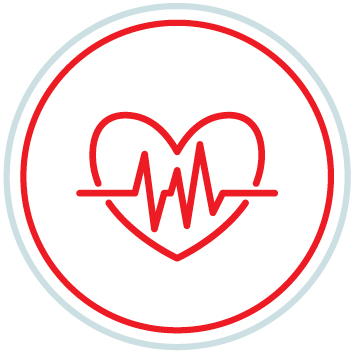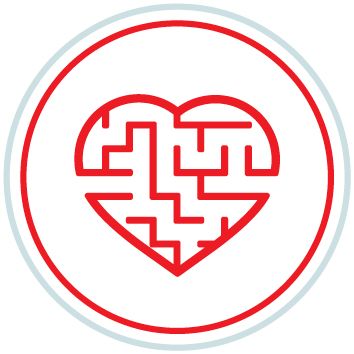Take time out of your busy day and make a Donation to an amazing cause. Shed some light on Heart Awareness
The heart is a muscle that works like a pump, sending blood around the body to keep you alive. It pumps blood to deliver oxygen and nutrients to other parts of the body, allowing your organs and muscles to work properly.
The heart has four chambers. The two chambers on the right-side work to pump blood that is low on oxygen back into the lungs, where the blood collects a new supply of oxygen. This oxygen-rich blood is then transferred to the left side of the heart, which pumps blood around the entire body.
Pumping is controlled by the heart’s electrical system, which uses signals to coordinate the heart’s beats. In the healthy heart, these keep the heart’s chambers contracting and relaxing in a regular rhythm. This rhythm usually has a speed of around 60 to 100 beats per minute.


In 2015, there were estimated to be 500,000 people with heart failure in Australia, making up roughly 2% of the population. Although it claims the lives of around 61,000 Australians each year, there is little awareness of this condition. Heart failure is serious, but early treatment and management can help you get back to doing the things you love, like gardening, spending time with your grandchildren and family, or going for walks. Heart failure happens when the heart isn’t able to pump enough blood to the body, or when your heart cannot fill properly with blood. It can affect the left or right side of the heart, but most people have left side heart failure. Heart failure needs to be managed and monitored for the rest of your life, but there are many things you can do to still live life to the fullest.

This is where the heart muscle is weakened and doesn’t contract enough, so it can’t pump enough blood around the body. Ejection fraction refers to the amount of blood that the heart is able to pump out, with the percentage describing how well the heart is pumping blood to the rest of the body. A normal ejection fraction is more than 50%. If your ejection fraction is 50% or less, it means you have reduced heart function and your heart is pumping less blood than normal. If your ejection fraction is 41%-49%, it is considered to be mildly reduced. If it is 31-40% it is moderately reduced, and if it is less than 30% it is severely reduced.

This is where the heart doesn’t relax enough to completely fill with blood. This means it can’t pump enough blood around the body. People with this type of heart failure have an ejection fraction of 50% or more.
Heart failure is caused by several conditions that damage the heart muscle. The most common causes are:
Sometimes people who are diagnosed with heart failure don’t have any obvious or common symptoms. In some people, there isn’t a clear cause. Daily life risk factors that may contribute to the development of heart failure can include: social isolation, stress, smoking, alcohol consumption, obesity, level of physical activity and poor diet.

Early diagnosis, lifestyle changes and proper treatment can help you lead a full and active life, stay out of hospital and live longer. So, it’s important to know the symptoms of heart failure and keep an eye on them. Sometimes symptoms can be mistaken for other health issues, so it’s best to mention any changes you notice to your doctor, even if you are just feeling unwell but can’t quite explain what’s wrong.

You may have so much trouble breathing that you can’t lie down flat and need to sleep propped up with pillows. This is because fluid can build up in the lungs making it hard to breathe.
You may find it more difficult to do daily activities you once found easy like walking to the shops, mowing the lawn, or baking. This can be due to fluid buildup in the lungs as well.
Due to fluid buildup, you may find wearing shoes uncomfortable, or find you can’t get your shoes on at all.
Sometimes you may feel too tired to do things you once found easier like walking up stairs. This can be because you’re not getting the amount of oxygen you once did.
Heart failure can affect people in different ways. Symptoms can start suddenly and be severe (acute heart failure) or they may appear over time and gradually get worse (chronic heart failure). Some other common symptoms of heart disease are:






(>2kg over two days)
If any of your symptoms are severe or if you gain more than 2kg in two days, it’s important to see your doctor as soon as possible.
Experiencing some of these symptoms may make you feel anxious or uncertain, so it’s important to look after your mental health too. If you would like to talk to someone, tell your GP. They can give you a referral to a counsellor or psychologist.